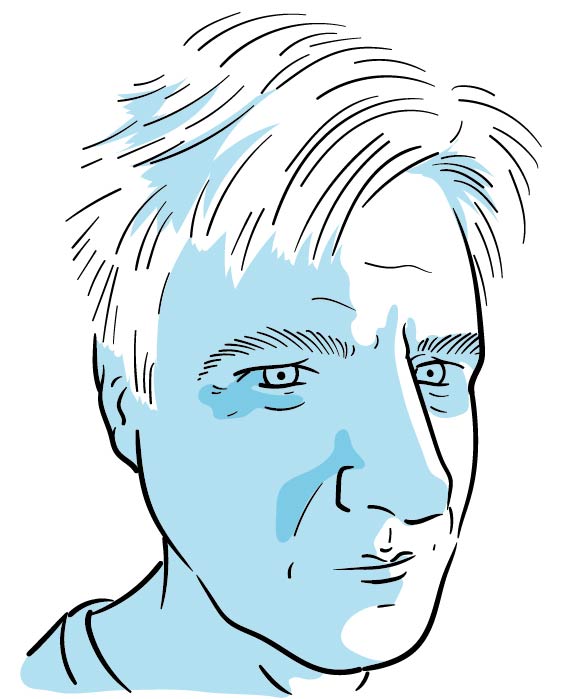I’ve been thinking a lot lately about Anne Frank. No, that’s not true, exactly: I always think a lot about Anne Frank. In this moment, though, with the world in the midst of another catastrophe, Frank’s experience—and her example—takes on a different aura of significance. I don’t mean the Anne of sainted memory, whom Shalom Auslander once referred to as “the Jewish Jesus.” I mean the fifteen-year-old who died of typhus at Bergen-Belsen in February or March of 1945. Franz Kafka’s sisters, all three of them, were also murdered in the camps by the Nazis, and I have long imagined a line of inference or implication connecting them to Frank. There is so much there, so many layers overlapping, which is another reason Frank’s story continues to resonate with me.
Anne Frank: The Book, The Life, the Afterlife—Francine Prose (2009)
One of the most famous lines in Frank’s The Diary of a Young Girl—“in spite of everything I still believe that people are really good at heart”—is an expression of hope, or so we have been led to believe. In her fierce reassessment of Frank’s life and influence, Francine Prose gives the statement its teeth back, highlighting how reduced it is. Here is Frank’s passage in its entirety:
It’s really a wonder that I haven’t dropped all my ideals, because they seem so absurd and impossible to carry out. Yet I keep them, because in spite of everything I still believe that people are really good at heart. I simply can’t build up my hopes on a foundation consisting of confusion, misery, and death. I see the world gradually being turned into a wilderness, I hear the ever approaching thunder, which will destroy us too, I can feel the sufferings of millions, and yet, if I look up into the heavens, I think it will all come right, that this cruelty too will end, and that peace and tranquility will return again.
It’s a more ambiguous read, fatalistic as opposed to idealistic, stripping away Frank the icon to reveal the human underneath. She becomes that fifteen-year-old again; she is not, Prose insists, a symbol of perseverance but a victim of genocide. She did not die for our sins.
The Ghost Writer—Philip Roth (1979)
But what if she had not died at all? What if, instead, she had lived?...
You have reached your article limit
Sign up for a digital subscription and continue reading all new issues, plus our entire archives, for just $1.50/month.
Already a subscriber? Sign in





